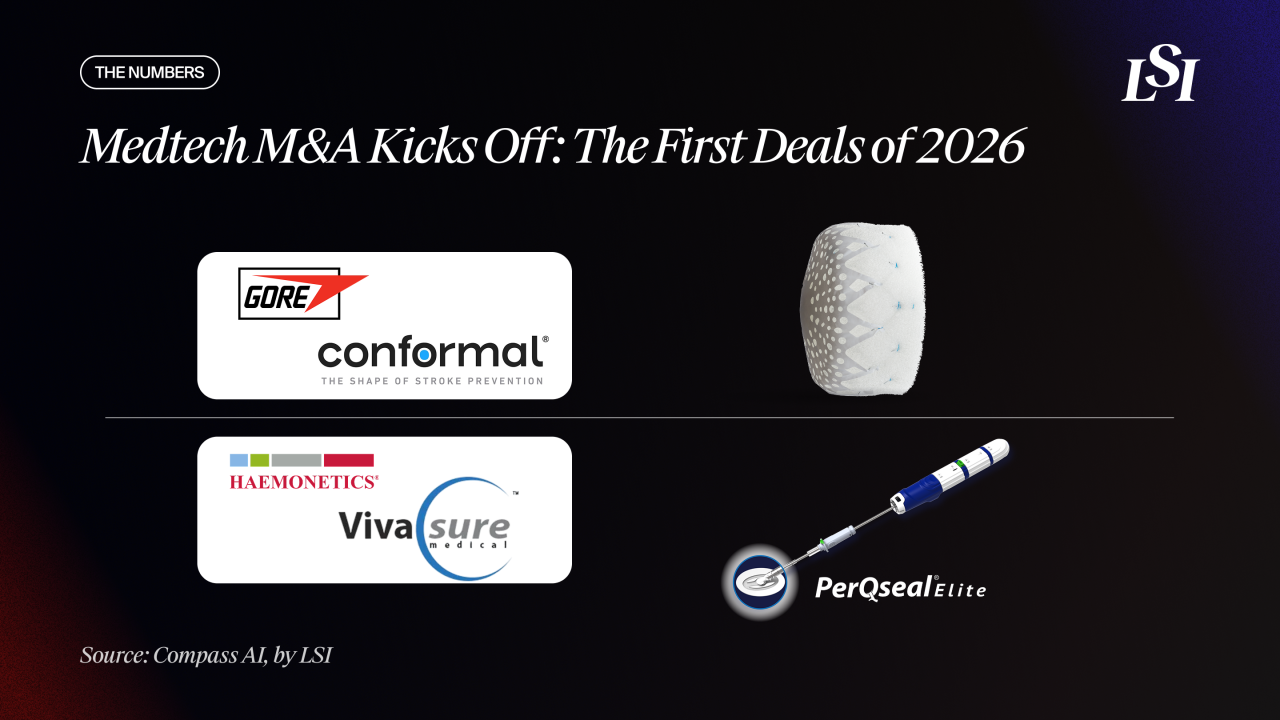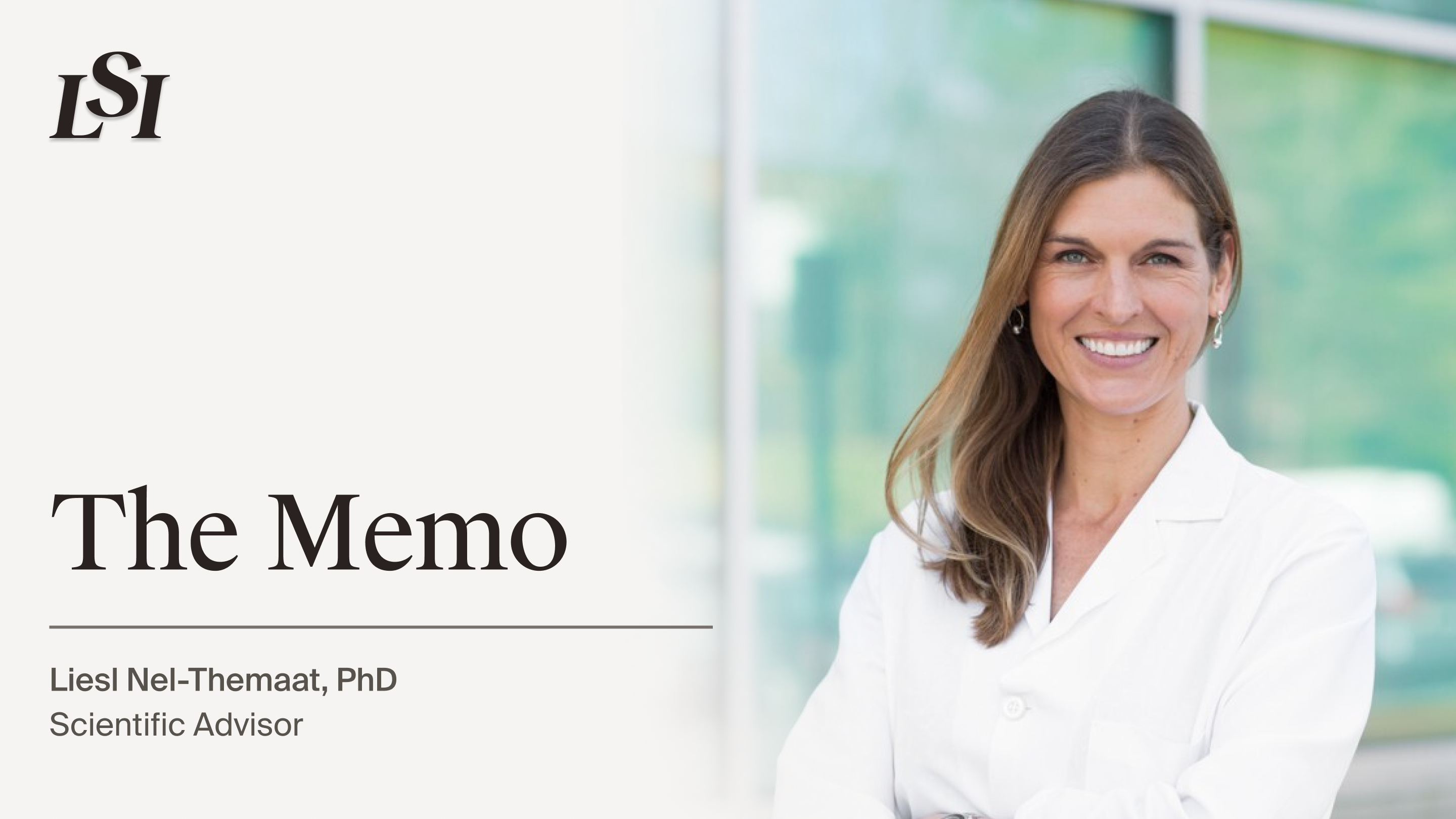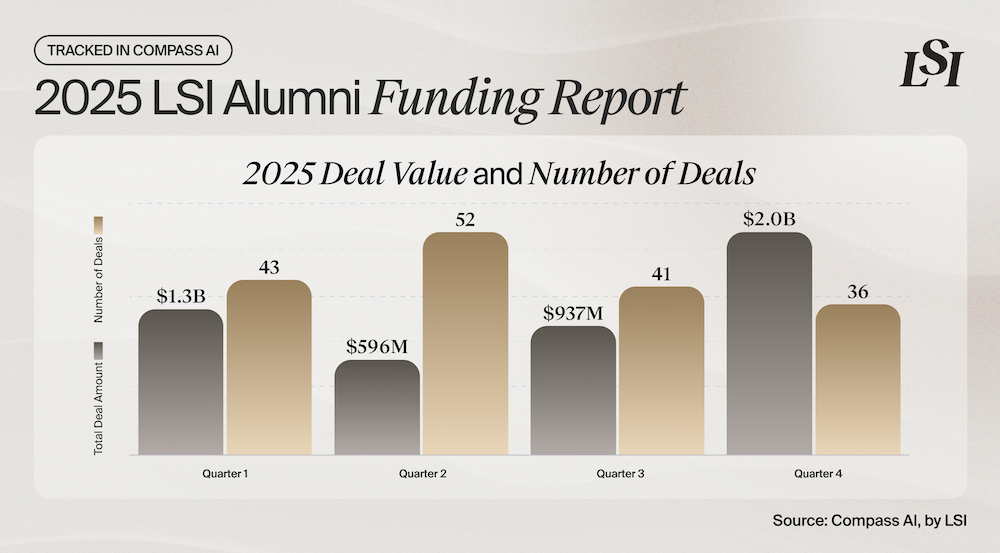
From decoding the intricate electrical symphony of the brain to offering new hope for patients with neurological disorders, Neuroelectrics is on a mission to revolutionize brain health. Led by Co-Founder & CEO, Ana Maiques, Neuroelectrics is harnessing the power of non-invasive electrical stimulation to develop what they call neurocircuit therapeutics.
Origin Story
The story of Neuroelectrics begins with an audacious vision to decode the brain’s electrical network for therapeutic purposes. Ana Maiques, CEO and Co-Founder, explains, “We understand the brain as a vast network of electrical connections, much like a sophisticated computer. Our goal is to decode this network and use non-invasive electrical stimulation to modulate brain activity, potentially healing patients in ways that were previously unimaginable.” With a physicist and mathematician as her co-founder, this innovative perspective has shaped Neuroelectrics’ approach to brain health.
Based in Boston and Barcelona, Neuroelectrics boasts a global footprint and a growing team of around 70 dedicated professionals. Over the past decade, their technology has reached more than 75 countries, demonstrating both their ambition and the global need for advanced neurological treatments.
The Current Landscape
Today, the standard treatments for many neurological disorders often fall short. Take epilepsy, for example. With 60 million patients worldwide, one-third do not respond to medication, leaving invasive surgery as their only option. “In the United States alone, 340,000 patients experience uncontrolled seizures daily,” Maiques notes. “These patients face a huge treatment gap, suffering without effective solutions.” She adds, “Only 3% of these patients are getting surgery, either craniotomy or an implanted device, which means that 330,000 patients are left without any control of their seizures.”
Depression presents a similar challenge. Traditional treatments are often inadequate, and the recent global mental health crisis has only highlighted the limitations of existing therapies. Many patients find minimal relief from medications, underscoring the urgent need for alternative treatments. Maiques notes their progress in this area, saying, “We have also done an IDE with the FDA where we sent 35 patients home and stimulated them for a whole month, 30 minutes every day at home on their own with a caregiver. We showed an improvement in patients’ MADRS scores by almost 73%.”
Inside the Innovation
Neuroelectrics’ cutting-edge approach offers a transformative solution for conditions like epilepsy and depression by modulating brain activity in ways that traditional treatments cannot. Their device, already in use at hundreds of research centers and hospitals worldwide, uniquely combines non-invasive EEG monitoring and targeted electrical stimulation to modulate brain circuits.
“What makes us unique is our ability to personalize treatments with what we call ‘neuro twins’—digital copies of the brain,” says Maiques. “We can simulate how a patient’s brain will respond to our stimulation before actually administering the treatment, allowing for a highly individualized approach.”
Equipped with up to 32 electrodes, their head cap device can be used at home, providing both monitoring and stimulation non-invasively. “Our device is the only device in the market that can non-invasively do both EEG—monitor your brain activity—and brain stimulation, transcranial current stimulation at home. We then couple it with our neuro twin, sophisticated, personalized model, so then we can design the best protocol for your brain for your pathology” Maiques elaborates.
Where Are They Now?
Neuroelectrics is in the late stages of clinical development, with significant advancements in their epilepsy and depression programs. They are currently conducting a pivotal phase three registration study for epilepsy across more than 40 sites in the US and Europe. Early pilot studies have shown promising results: a 44% reduction in seizures after just 10 days of stimulation for epilepsy patients and a 73% improvement in depression symptoms after one month of daily home treatment.
“We’ve been preparing for FDA approval, which we anticipate by September 2026,” Maiques shares. “We’re also working on advancing our depression program into a pivotal phase and exploring other indications like cognitive decline.” With a Series B fundraising goal of $40 million, Neuroelectrics is poised to bring its revolutionary technology to market, offering new hope to millions of patients worldwide.
Market Insights
Neuroelectrics is a key innovator in one of the fastest growing segments within the worldwide neurostimulation devices market. According to research conducted by LSI for an up-and-coming market snapshot, the electromagnetic neurostimulation devices market is forecast to increase at a compound annual growth rate (CAGR) of 7.3% from 2023 to 2028. Compared to implantable devices for the treatment of epilepsy and depression (i.e., deep brain stimulation), the less invasive approach to managing these chronic conditions is clearly favored by patients and providers. For comparison, LSI’s market analysis and projections database forecasts that the DBS devices market will increase at a slower CAGR of 2.9% during the same forecast period.
There is an increasing demand for effective therapeutics for the treatment of chronic neurological conditions. Pharmacological therapies are typically the first-line of therapy for any chronic condition. These therapies are not without their own side effects, which can sometimes greatly lower quality of life. Furthermore, these chronic conditions can be resistant to pharmacological interventions. The pursuit of effective alternatives to pharmacotherapy and invasive surgeries for chronic neurological conditions is of extreme importance. These therapies offer a promising avenue for the hundreds of millions of people worldwide who suffer from neurological conditions that can be effectively managed via noninvasive neurostimulation.
Learn More About Neuroelectrics
Ana Maiques has been selected to present at LSI Europe ‘24 this September 16th-20th. Join us in welcoming Ana to the event in Sintra, Portugal, where she will share the latest updates on Neuroelectrics technology, clinical data, and development.

Schedule an exploratory call
Request Info17011 Beach Blvd, Suite 500 Huntington Beach, CA 92647
714-847-3540© 2026 Life Science Intelligence, Inc., All Rights Reserved. | Privacy Policy










